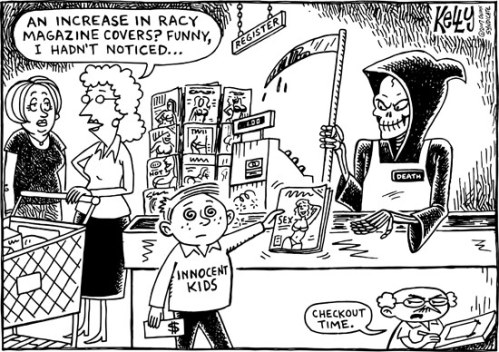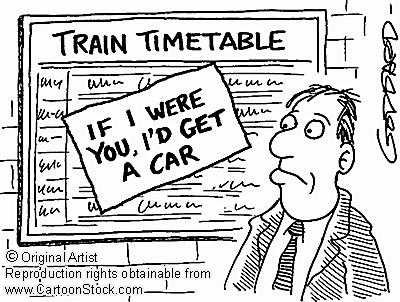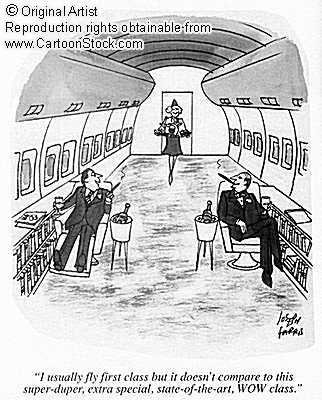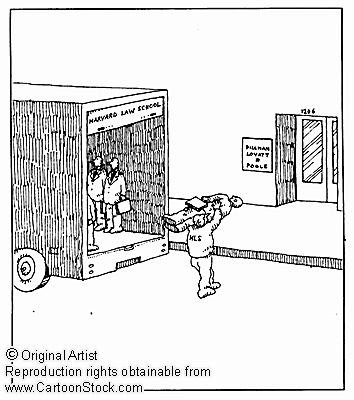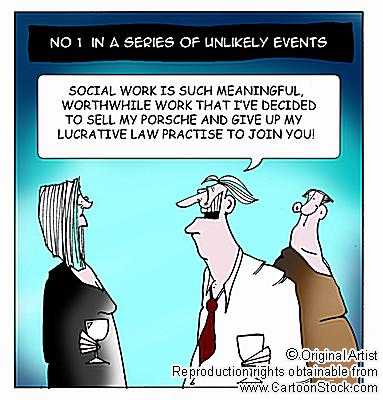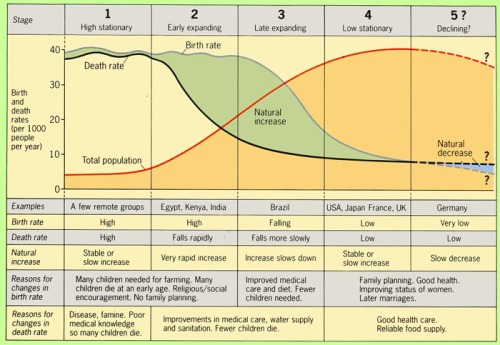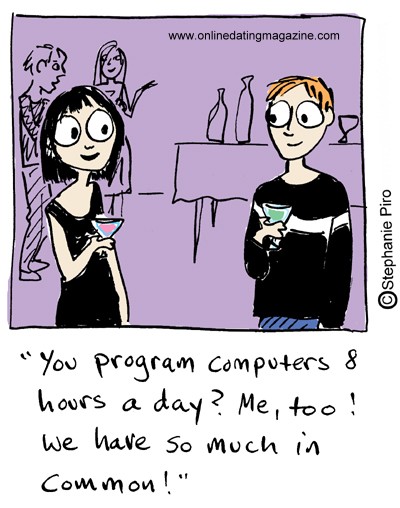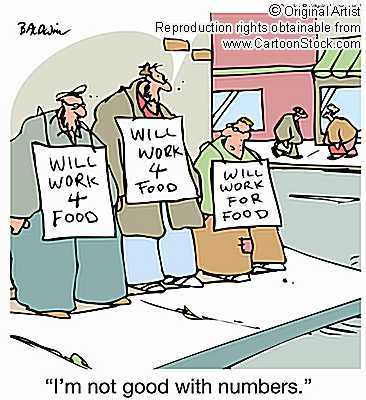During the summer of 2007, I worked in New York City for a nonprofit organization and had the opportunity to explore a lot of different parts of the city. Although by no means coming close to checking out the majority of what it had to offer, about two months into my internship, I thought I had gotten a good sense of NYC. From having at least ventured into each borough at least two times, checked out live music ranging from old school jazz to hip hop-techno fusion, eaten things like cupcakes from Magnolia Bakery (a place featured in Sex in the City) and soulfood in some great places in Harlem (not to mention had more than my fair share of pizza by the slice!), and investigating nightlife in places from the Bronx to the Meatpacking District to Brooklyn, I had kept myself busy.
All it took to burst my bubble was a visit from an old high school friend and her mother. During the weekend I spent with them, I stayed in a really nice hotel only a few blocks from Times Square, took taxis everywhere, got to go on fairly expensive trips to Ellis Island and around Central Park in a horse carriage, at dinner at literally multiple Zagat “Very Expensive” restaurants a night, and went into stores into which I never really thought about going. It was an experience that left me grateful for my friend’s generosity but that also left me with many thoughts about the class implications at hand. I would later come to execute a Type I diabetes camp with children from underserved communities to find out that they not only did not know the side of NYC to which my friend had exposed me but also did not the side of it that even I had come to know.
My wake-up call all came back to me when flipping through one of my roommate’s Vanity Fair issues in which I came across its guide to Manhattan. Featuring a map with illustrations of the must-see places in the metropolitan area, the guide seemed to be depicting a side of New York City to which I had remained naïve during my time there. Online there is a comparable Vanity Fair Agenda, which explicitly claims to be “the inside story on the latest people, places and things that are shaping today’s culture.” All of this reminded me of points that came up in Professor Nelson’s Lecture 15 “Bourdieu and American Consumption” about cultural capital and that American Apartheid makes about residential as well as social isolation. The fact that the social and material norms associated with class could be powerful enough to keep people’s worlds fairly distinct in spite of physical closeness definitely humbled me during my time in the Big Apple.
__________________
Martha’s Tangential Cartoon Pick!

